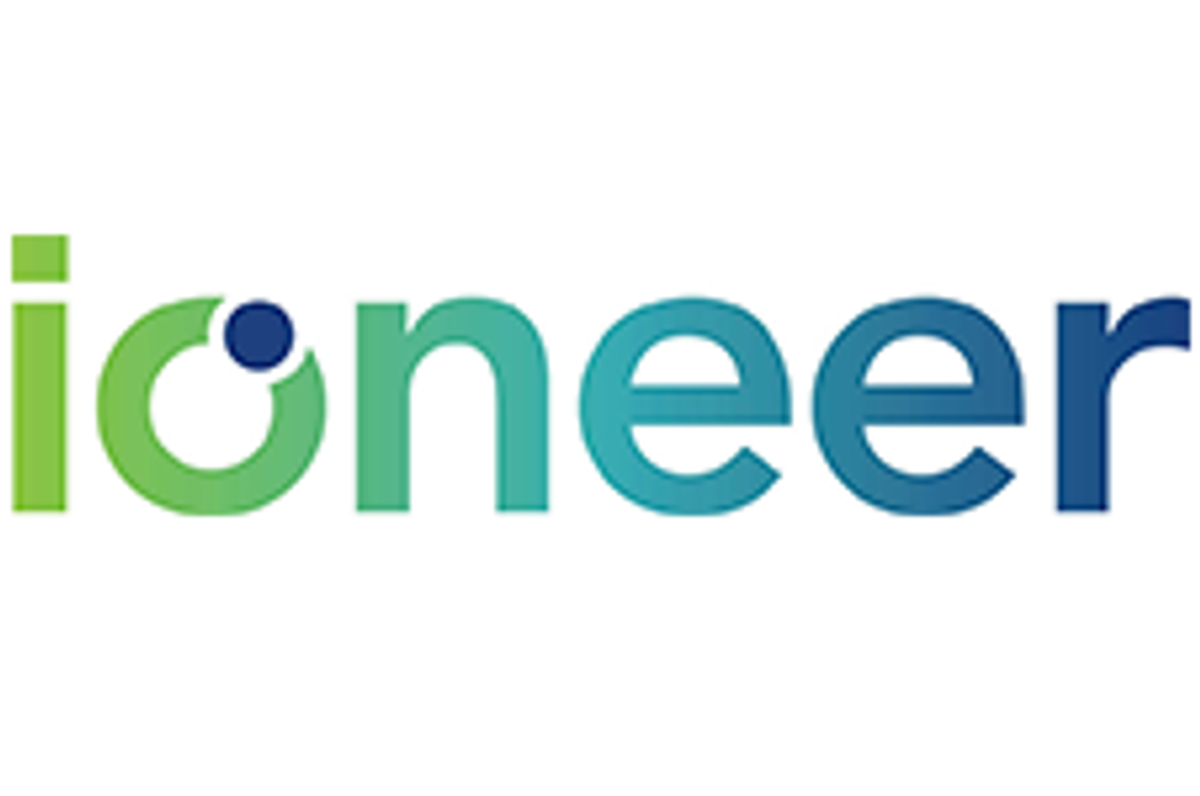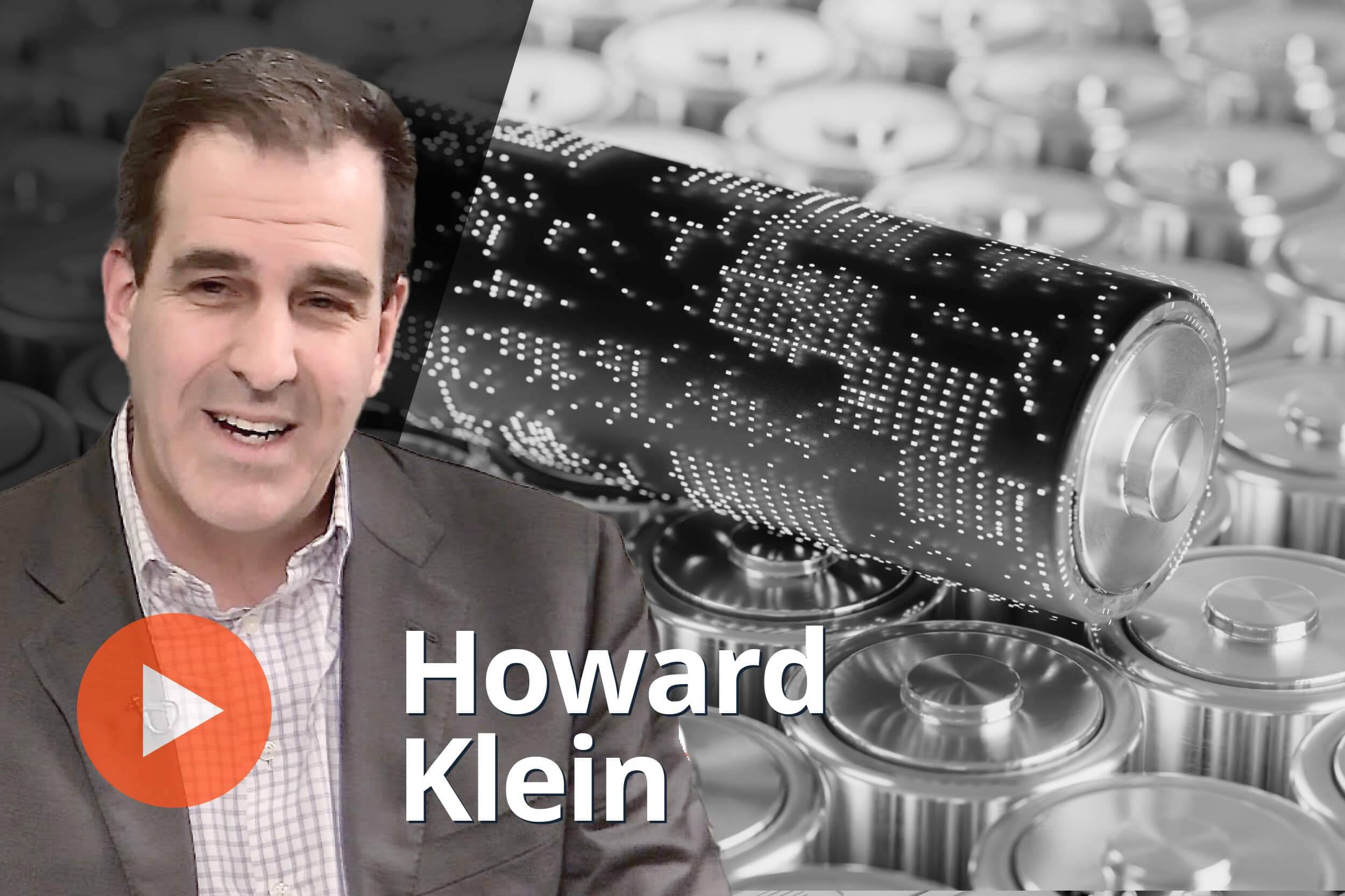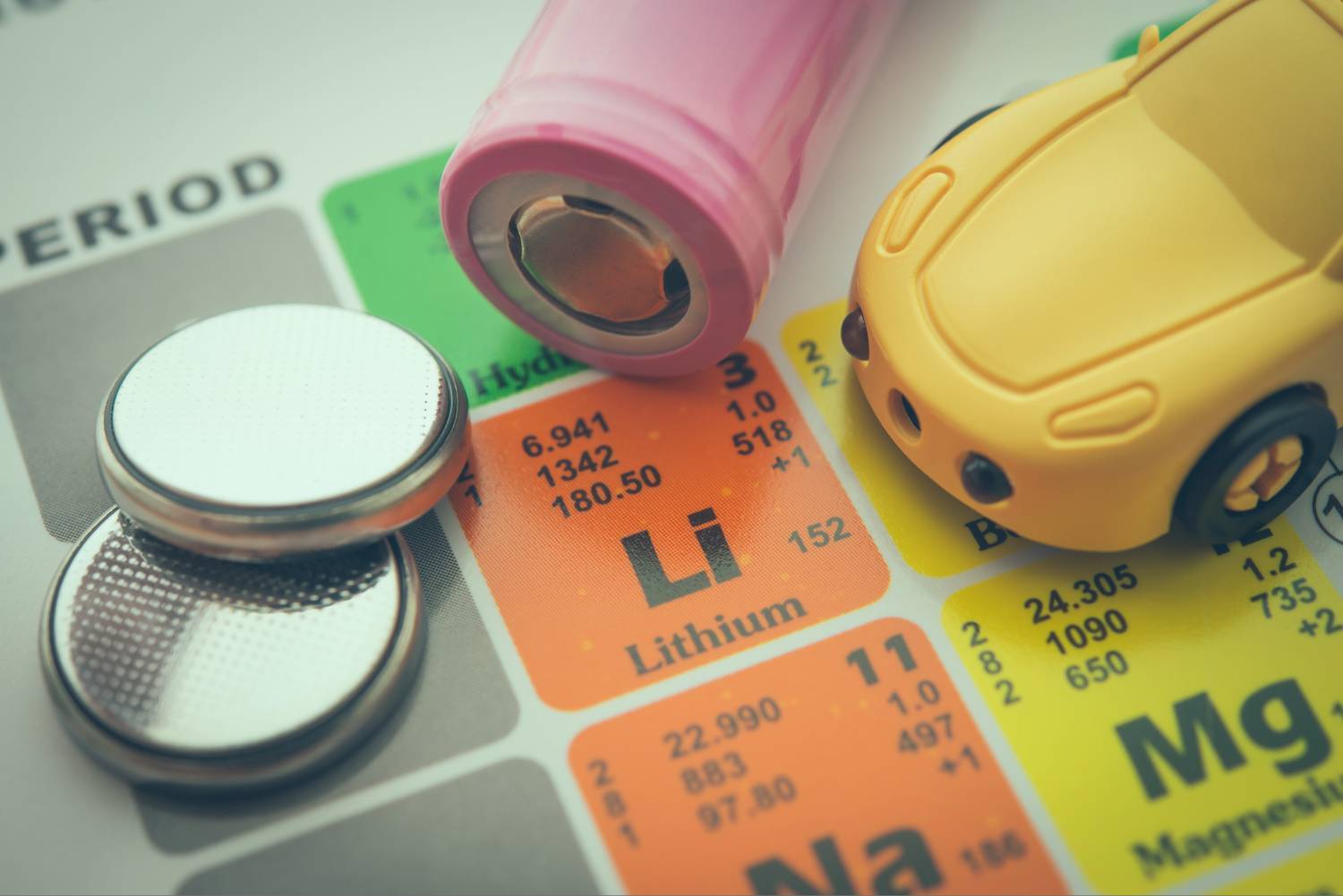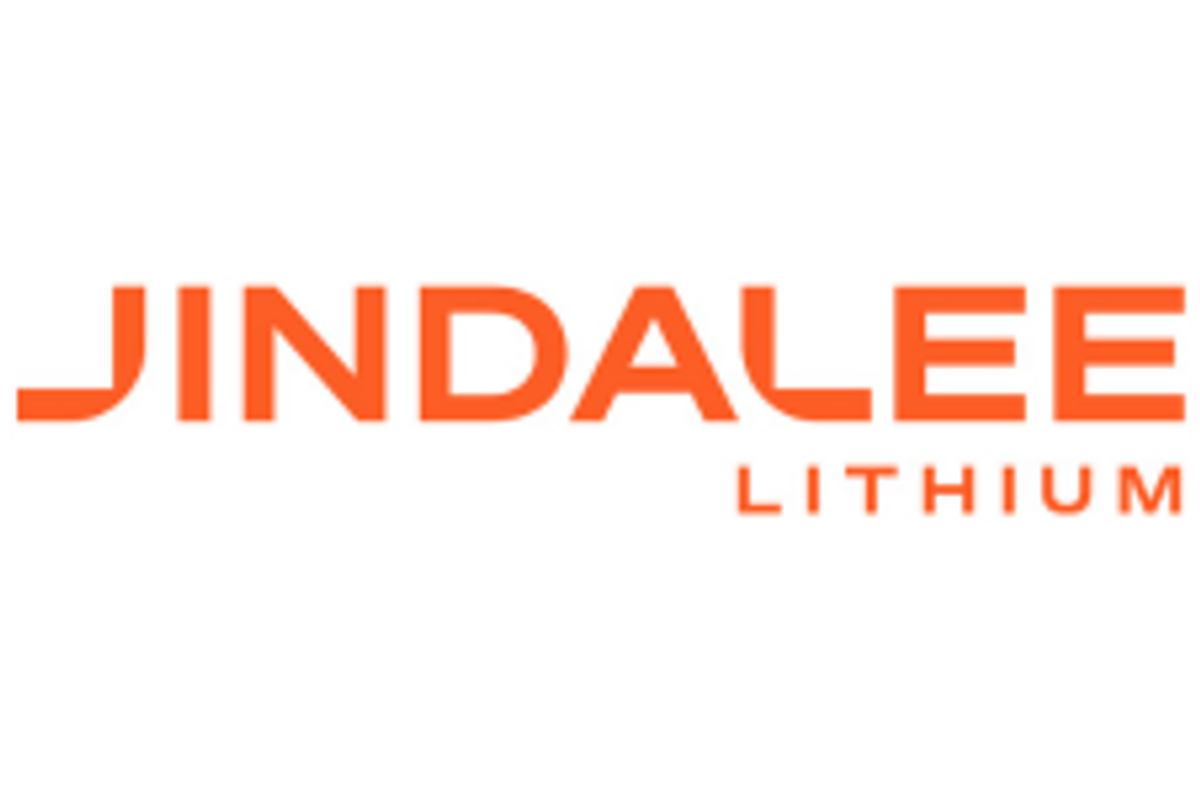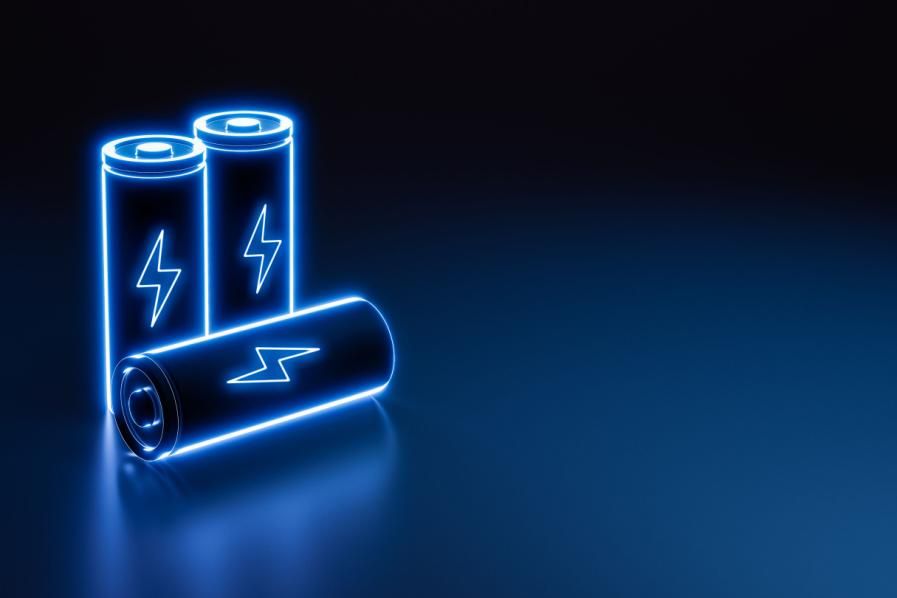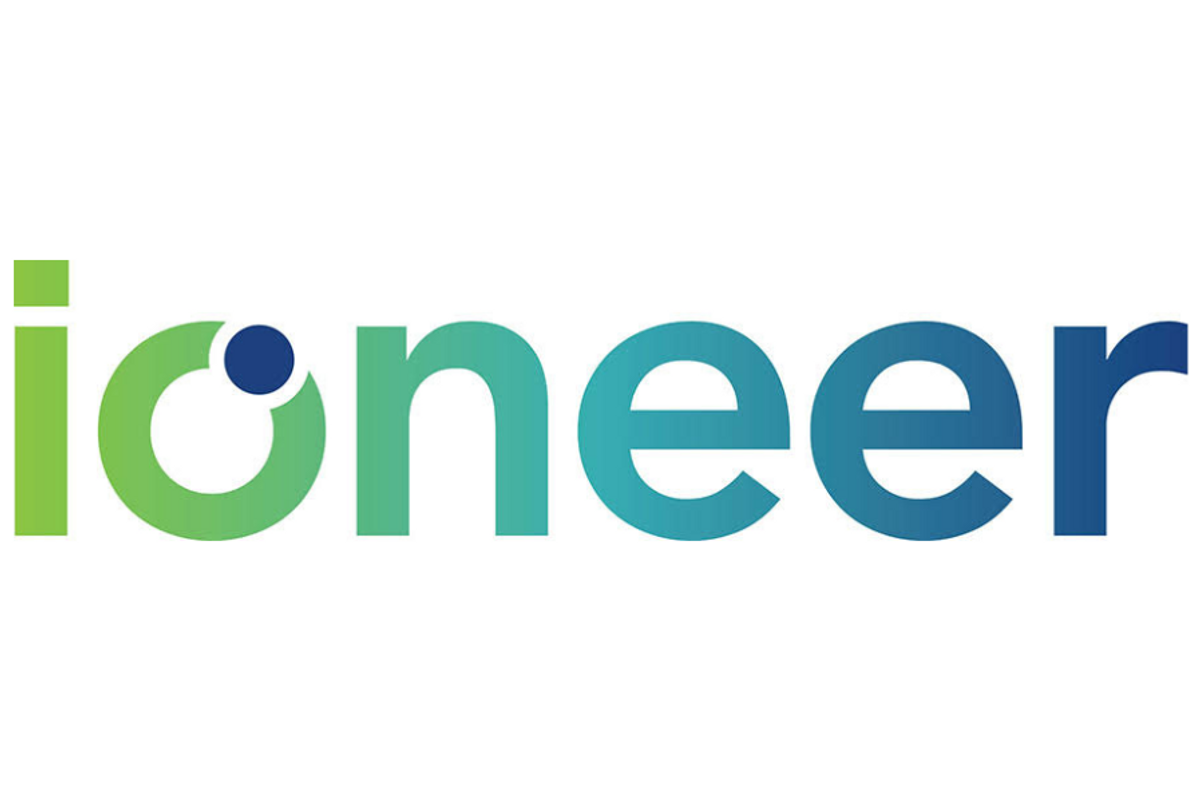
- NORTH AMERICA EDITIONAustraliaNorth AmericaWorld
December 19, 2022
Ioneer Ltd (“Ioneer” or “the Company”) (ASX: INR, Nasdaq: IONR), announces that its Rhyolite Ridge Lithium-Boron Project (“Rhyolite Ridge Project” or “the Project”) in Esmeralda County, Nevada has advanced into the final stage of federal permitting with the decision by the U.S. Bureau of Land Management (BLM) to publish a Notice of Intent (NOI) in the Federal Register. This marks a major milestone toward the completion of the National Environmental Policy Act (NEPA) process and approval of the Project’s Plan of Operations (“Plan”).
Highlights:
- BLM announces decision to publish Notice of Intent for Rhyolite Ridge Lithium-Boron Project in Nevada
- Major milestone toward completion of the NEPA process and approval of the Project’s Plan of Operations
- The Rhyolite Ridge Project is on track to provide environmentally sustainable lithium and boron to support the development of domestic supply chains essential to the electrification of transportation and energy transition in the U.S.
The Plan is the foundational permitting document for the Project and will become the basis for compliance during operations and closure. Ioneer commenced work on the Plan almost four years ago. The latest revised Plan was submitted to the BLM in July 2022. Under the revised Plan, there are no Project-related direct impacts to any of the subpopulations of Tiehm’s buckwheat.
Ioneer’s Executive Chairman James Calaway said:
“We understand the Rhyolite Ridge Project is the first lithium project to be issued a Notice of Intent under the Biden administration, and we see this as a significant step toward ensuring a strong domestic supply of critical minerals and strategic materials necessary for development of a domestic battery supply chain essential to the electrification of transportation in the U.S.”
BLM determined that the Plan was complete on August 17, 2022. However, BLM cannot approve the Plan until an environmental review is completed under NEPA. With work on the Plan completed and the NOI issued, the Project moves into the public review and comment phase of the NEPA process.
Publication of the NOI marks the beginning of that process, starting a public comment period on the scope of the environmental review. The Environmental Impact Statement (EIS) contractor Stantec1, the BLM, and other cooperating government agencies will use comments received during scoping and resource information gathered by Ioneer to prepare the EIS. The Plan will be updated to reflect the outcomes of the NEPA review before it is finalised.
The NEPA process culminates in the BLM’s Record of Decision (ROD), which represents the Department of Interior’s final decision on Ioneer’s application for an approved Plan of Operations. An approved Plan will allow the Company to commence construction of the Rhyolite Ridge Project. The Company’s current best estimate is that a ROD would be received in 1Q 2024.
To optimize the revised Plan and allow for mining to commence at the southern limits of the deposit, Ioneer will undertake further drilling activity at the southern extension of the ore body as soon as a positive ROD is received. The Company intends to complete the drilling, optimize the mine plan and update capital and operating cost estimates before making a Final Investment Decision (FID). This work is underway, with the exception of the drilling program. The 24-month construction estimate remains unchanged, with first production expected in 2026.
Ioneer Managing Director Bernard Rowe said:
“The NOI marks an important milestone toward the realisation of the Rhyolite Ridge Lithium- Boron Project and reflects the hard work and dedication of the Ioneer and Stantec teams working closely with the BLM and cooperating agencies.
“Our Project is uniquely positioned in the U.S., and has been engineered to ensure a stable, long- term, environmentally sustainable source of lithium. The Project is expected to produce sufficient lithium to allow for the manufacture of approximately 400,000 electric vehicles per year over many decades. In delivering this world-class project, Ioneer will help the U.S. create a domestic supply of lithium for auto manufacturers, quadrupling the current domestic supply, critical to meeting the climate goals established by the Biden administration, while also positively impacting the Nevada economy by creating 400-500 construction jobs and 250-300 operating jobs to help diversify the Nevada economy.”
Last year, Ioneer secured the two other key permits required to commence construction on Rhyolite Ridge: a state-based Air Quality Permit (received June 24, 2021) and a state-based Water Pollution permit (received July 19, 2021).
Click here for the full ASX Release
This article includes content from Ioneer Ltd, licensed for the purpose of publishing on Investing News Australia. This article does not constitute financial product advice. It is your responsibility to perform proper due diligence before acting upon any information provided here. Please refer to our full disclaimer here.
INR:AU
The Conversation (0)
16 August 2023
Ioneer Ltd.
Developing a Rare North American Lithium-Boron Deposit Crucial to Clean Technology
Developing a Rare North American Lithium-Boron Deposit Crucial to Clean Technology Keep Reading...
17 February
Howard Klein Doubles Down on Strategic Lithium Reserve as Project Vault Takes Shape
Before the Trump administration revealed plans for Project Vault, Howard Klein, co-founder and partner at RK Equity, proposed the idea of a strategic lithium reserve. “The goal of a strategic lithium reserve is to stabilize prices and allow the industry to develop,” he told the Investing News... Keep Reading...
17 February
Sigma Lithium Makes New Lithium Fines Sale, Unlocks US$96 Million Credit Facility
Sigma Lithium (TSXV:SGML,NASDAQ:SGML) has secured another large-scale sale of high-purity lithium fines and activated a production-backed revolving credit facility as it ramps up operations in Brazil.The lithium producer announced it has agreed to sell 150,000 metric tons (MT) of high-purity... Keep Reading...
12 February
Albemarle Lifts Lithium Demand Forecast as Energy Storage Surges
Albemarle (NYSE:ALB) is raising its long-term lithium demand outlook after a breakout year for stationary energy storage, underscoring a shift in the battery materials market that is no longer driven solely by electric vehicles.The US-based lithium major reported fourth quarter 2025 net sales of... Keep Reading...
21 January
Official signing of the Portuguese State Grant
Savannah joins other grant recipient companies at official signing ceremony
Savannah Resources Plc, the developer of the Barroso Lithium Project in Portugal, a 'Strategic Project' under the European Critical Raw Materials Act and Europe's largest spodumene lithium deposit (the 'Project'), was delighted to join with other recipients of State grants yesterday at the... Keep Reading...
21 January
Excellent Results from 2025 Core Drilling Program at McDermitt
Jindalee Lithium Limited (Jindalee, or the Company; ASX: JLL, OTCQX: JNDAF) is pleased to report assay results from the drilling program at the McDermitt Lithium Project completed late 2025. All holes returned strong lithium and magnesium intercepts from shallow depths, including:R92: 36.5m @... Keep Reading...
08 January
Top 5 US Lithium Stocks (Updated January 2026)
The global lithium market enters 2026 after a punishing 2025 marked by oversupply, weaker-than-expected EV demand and sustained price pressure, although things began turning around for lithium stocks in Q4. Lithium carbonate prices in North Asia fell to four-year lows early in the year,... Keep Reading...
Latest News
Interactive Chart
Latest Press Releases
Related News
TOP STOCKS
American Battery4.030.24
Aion Therapeutic0.10-0.01
Cybin Corp2.140.00
